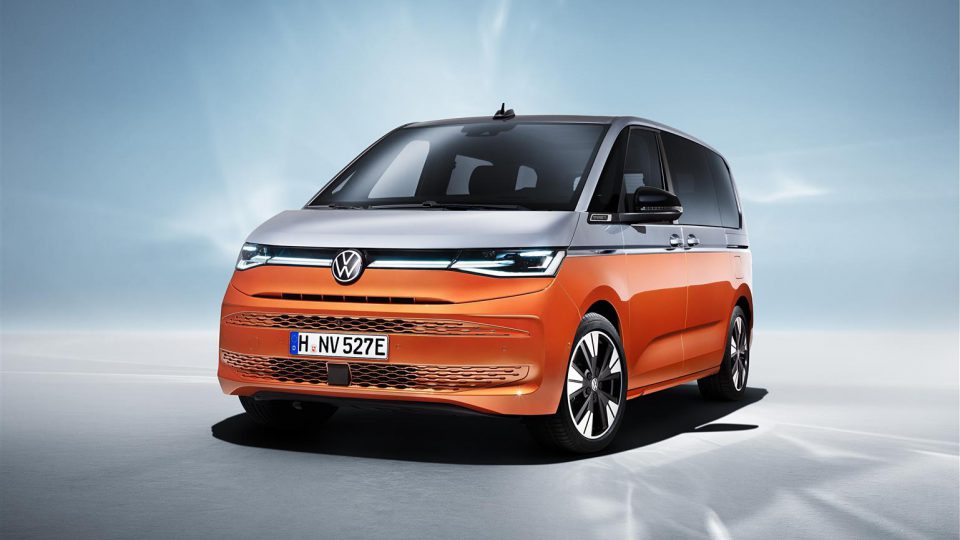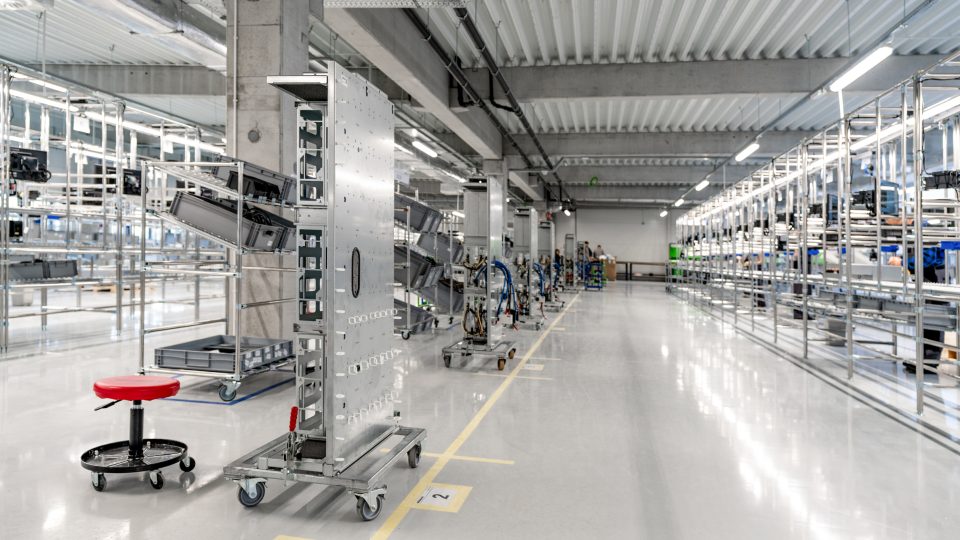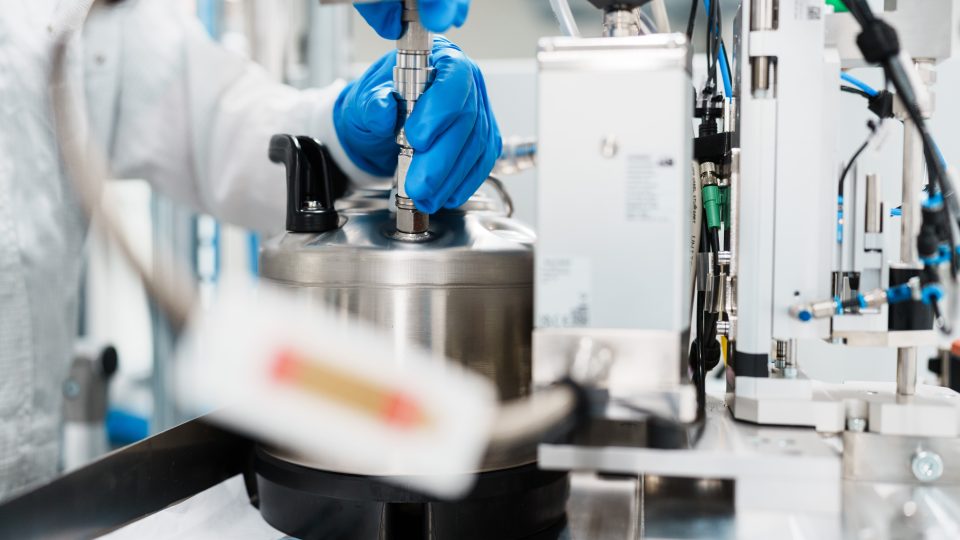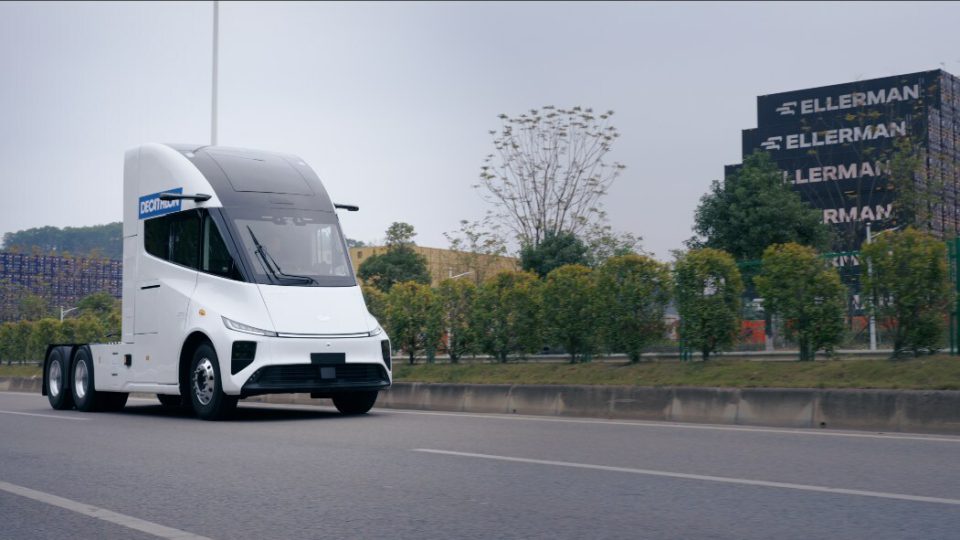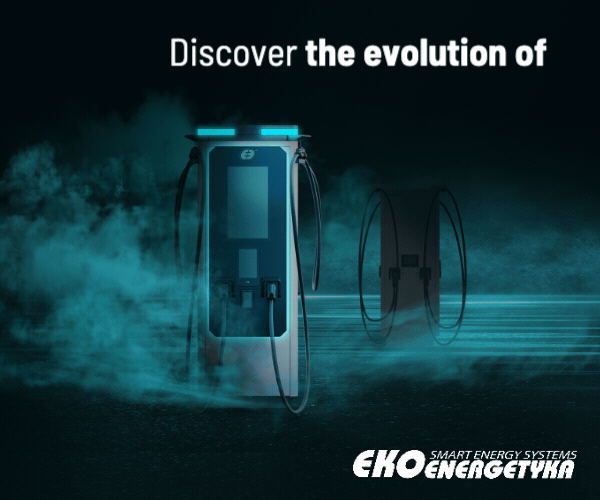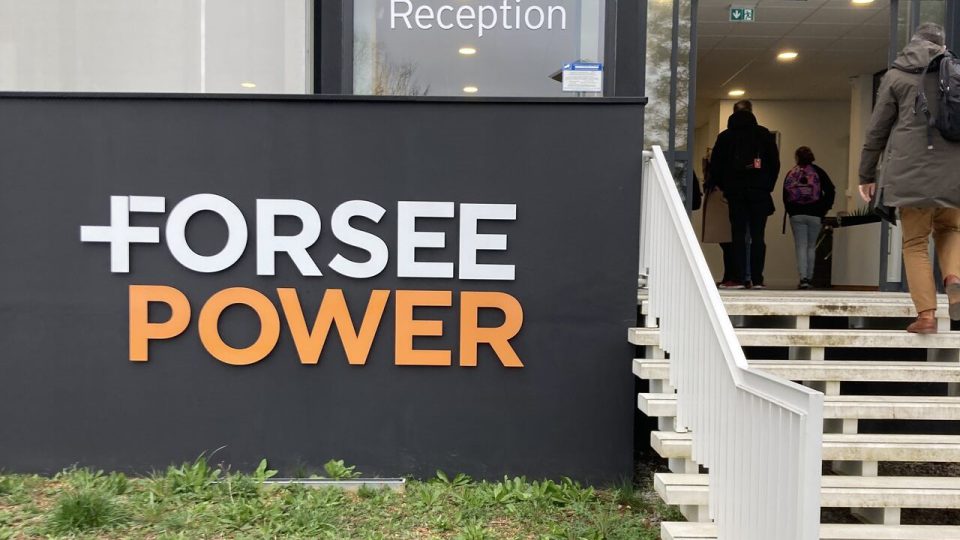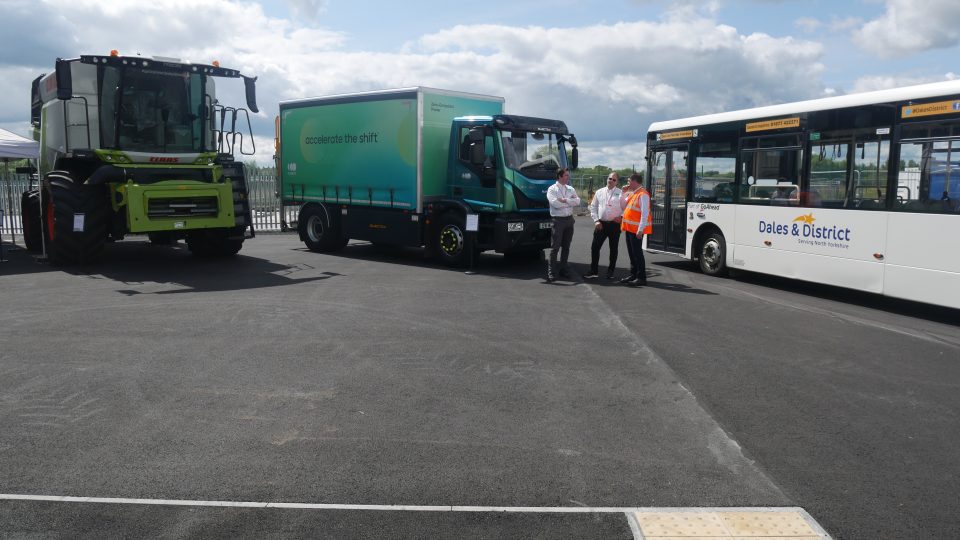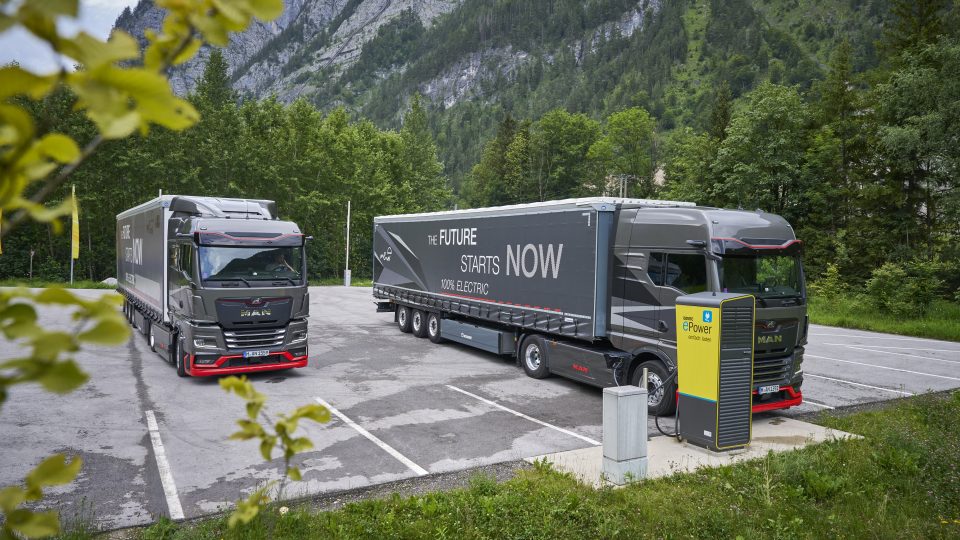Volkswagen opens modern lab for battery cells in Germany
By 2030, the Volkswagen Group plans to operate six cell factories in Europe together with partners with a production capacity of 240 GWh. Prospectively, cells with an annual capacity of 40 GWh will be produced in Salzgitter. The new unified cell is expected to unlock synergies and reduce battery costs by up to 50 percent.
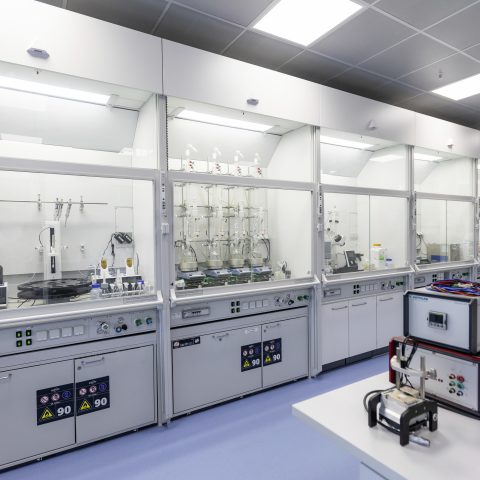
Volkswagen Group Components has inaugurated a modern laboratory for battery cells research and production in the German city of Salzgitter. According to the group’s plans, the Salzgitter site is expected to become a benchmark in Europe, with the aim of producing battery cells without relying only on partners. Production might start in 2025, while about 250 qualified workers are supposed to be involved in the project. As a matter of fact, Volkswagen is investing around 70 million euro in the facilities related to battery manufacturing, as proven by the recent expansion of the plant in Braunschweig.
Battery cell production to be a key issue for Volkswagen
By 2030, the Volkswagen Group plans to operate six cell factories in Europe together with partners with a
production capacity of 240 GWh. Prospectively, cells with an annual capacity of 40 GWh will be produced in Salzgitter. The new unified cell is expected to unlock synergies and reduce battery costs by up to 50 percent. “With the new, state-of-the-art laboratories, we are further expanding our development, process and production expertise for the battery cell – the heart of the battery electric vehicle. Volkswagen’s Salzgitter site demonstrates how the transformation of the German automotive industry from conventional drive systems to e-mobility can succeed. We are attracting cutting-edge researchers and, as a pioneer in the industry, create the jobs of tomorrow”, says Thomas Schmall, Group Board Member for Technology at Volkswagen AG and Chairman of the Board of Management of Volkswagen Group
Components, who is responsible for the Battery and Charging Technology Roadmap across all brands in the Group.
Potrebbe interessarti
The new Volkswagen Multivan T7 has a plug-in hybrid drive system
More than 1,000 employees by the end of 2022
Of the approximately 500 employees at the Center of Excellence (CoE) Battery Cell in Salzgitter, around 160 are currently involved in cell development. By the end of 2022, the CoE is expected to grow to more than 1000 employees,
including around 250 experts for research, analysis and development of suitable cell materials and formats. The new laboratories will enable extensive cell testing programs with up to 200 different analytical methods and the development of new formulations on an initial area of 2,500 square meters.
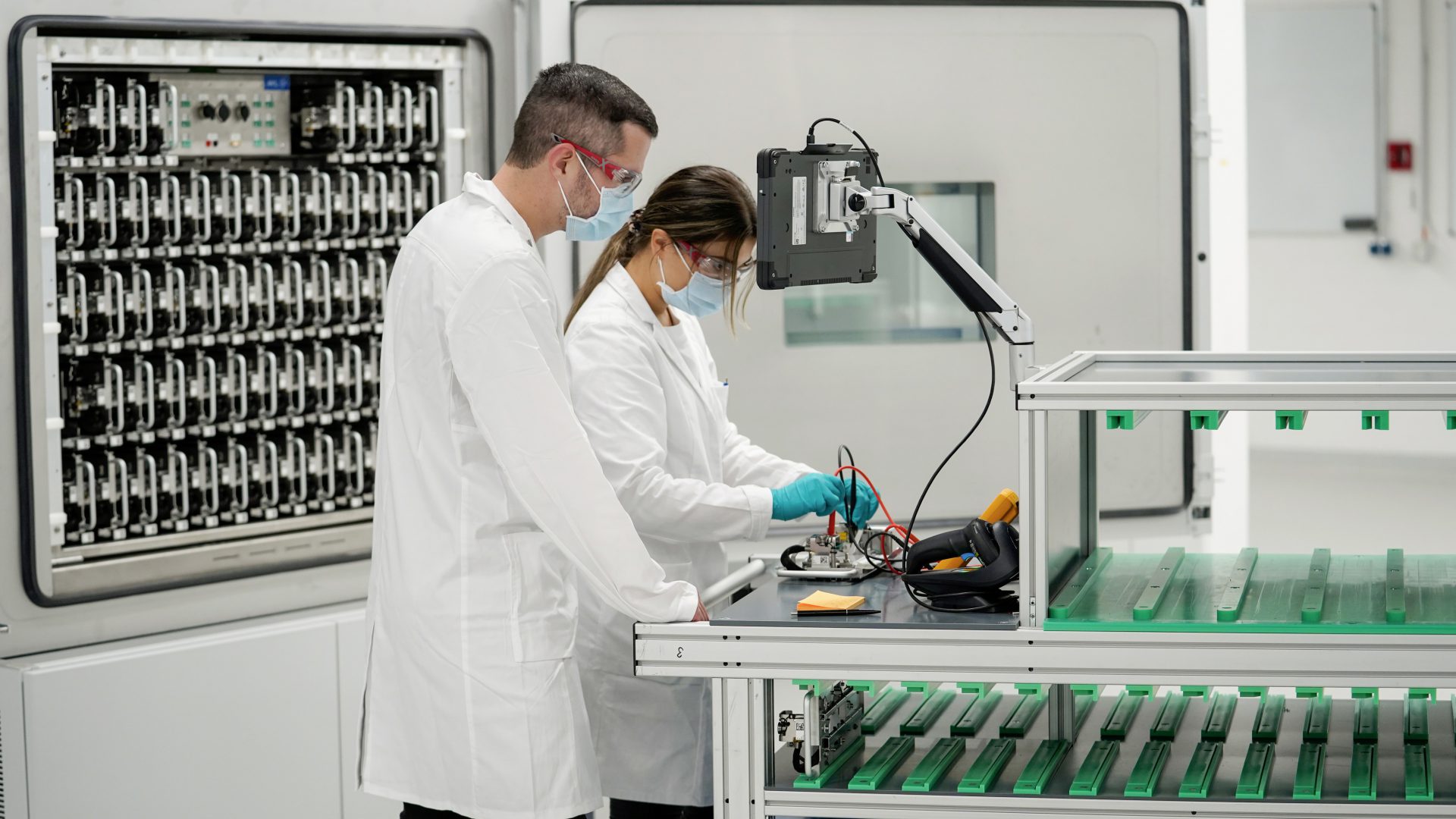
The Salzgitter site is supposed to rely on cutting-edge technologies. For instance, a highly automated test field to test cells for performance and signs of aging during rapid charging and discharging. The test includes cells that can be charged from 5 to 80 percent battery power within 12 minutes.
The laboratories are split into four areas: In the cell development lab, new materials are evaluated for their suitability, and chemical formulations as well as electrode materials and processes are further developed. Promising innovations are sent directly from here to the pilot line next door for small-scale production.




